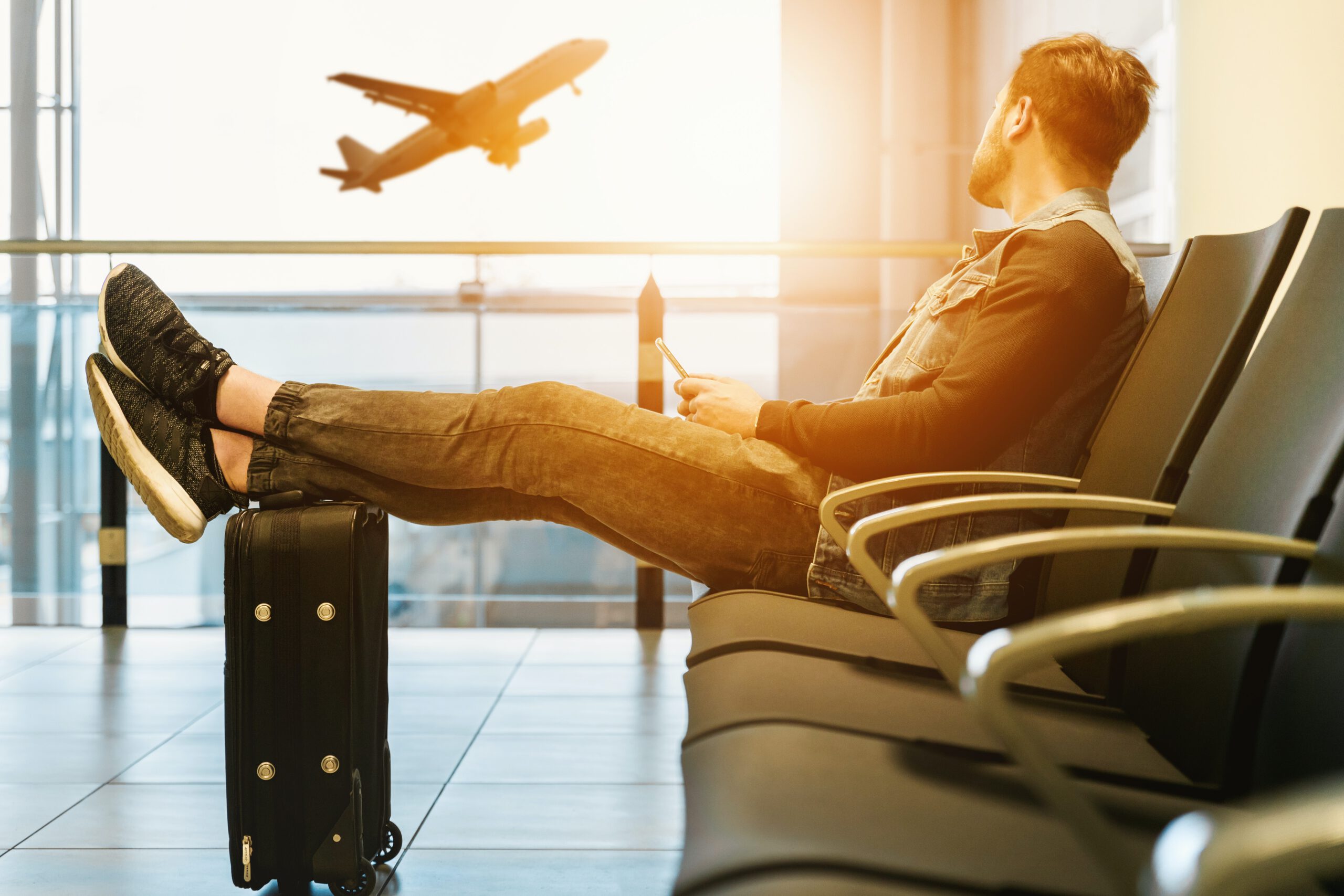Sustainability is at the forefront of peoples’ minds more than ever before, and with the 2021 COP26 Summit in Glasgow, Scotland still fresh in our collective psyche, travelers are looking for ways to enjoy a much-deserved vacation that doesn’t put unnecessary stress on the environment.
These leaders in sustainability are helping shape the future of travel.
Airbnb
The emergence of the sharing economy around 2015 ushered in a new era of more sustainable travel – even if it wasn’t the intention.
Airbnb reduces the concentration of tourism in big cities by offering listings outside of metro areas in popular tourist spots.
“At least two-thirds of all guest arrivals on Airbnb take place outside of traditional tourist areas, and 72 to 93 percent of Airbnb listings are located outside of areas that are at risk for overtourism,” according to a recent report by Airbnb.
By providing a service that fosters greater geographic diversity, Airbnb combats side effects of overtourism such as overdevelopment, crowding, and deterioration of the natural environment.
In 2021, Airbnb also began actively taking steps toward sustainability by partnering with WWF Mesoamerica, the Costa Rican Chamber of Restaurants (CACORE), and the National Chef’s Association, which promote responsible tourism in Costa Rica, a popular eco-tourism destination. The online lodging marketplace also encourages hosts to implement sustainable living for homes such as recycling and offering guests reusable water bottles.
Amadeus

Despite significant impact in the travel sector due to COVID-19, 77 percent of US adults stayed in a hotel or resort, 65 percent flew, and 27 percent took a cruise in 2021, according to Morning Consult. This means that at least 165 million Americans traveled either domestically or internationally last year. And with those numbers steadily increasing due to a drop in COVID cases, the number of planes, trains, and automobiles shuttling vacationers around the world will rise commensurately.
One part of the solution to reducing carbon emissions due to increased travel is efficiency. Amadeus is a travel technology company that provides technology solutions to many of the behemoths in the travel and tourism industry. With an eye toward sustainability, Amadeus is developing algorithms and scheduling software such as the Amadeus Sky Suite that increase efficiency for clients in the airline, hospitality, and travel agency industries. Using tools like the Amadeus Sky Suite, airlines have reduced the use of resources such as fuel, aircraft, and airport infrastructure per passenger flown.
Amadeus also invested almost $1 billion in research and development geared toward sustainability in 2020.
Tripadvisor
Tripadvisor is the world’s largest travel site, and as such has a moral obligation to pioneer sustainability efforts and act as a shining example to its less prestigious peers. As Uncle Ben once said, “With great power comes great responsibility.”
Launched in 2013, Tripadvisor’s Green Leaders program provides users with information on the most sustainable hotels and bed-and-breakfasts around the globe from budget mom-and-pop lodgings to the most exclusive 5-star resorts in Bora Bora.
After applying to the Green Leader program, hotels and B&Bs are rated on a system consisting of Bronze, Silver, Gold or Platinum. The rating is then displayed on the listing on Tripadvisor. Sustainable practices like recycling, local and organic food, and electric car charging stations are included when choosing the status of the listing.
In 2016, Tripadvisor continued the march toward environmentally conscious tourism by launching its Animal Welfare Policy. By collaborating with leading experts in tourism, conservation, animal rights, and sustainability, the travel agent site aims to “raise the travel community’s awareness of animal welfare concerns, and encourage the suppliers we work with to adopt better practices,” a Tripadvisor spokesperson said.










